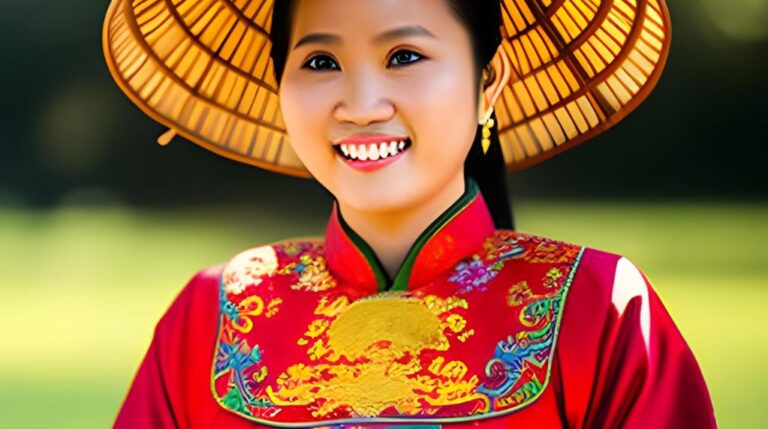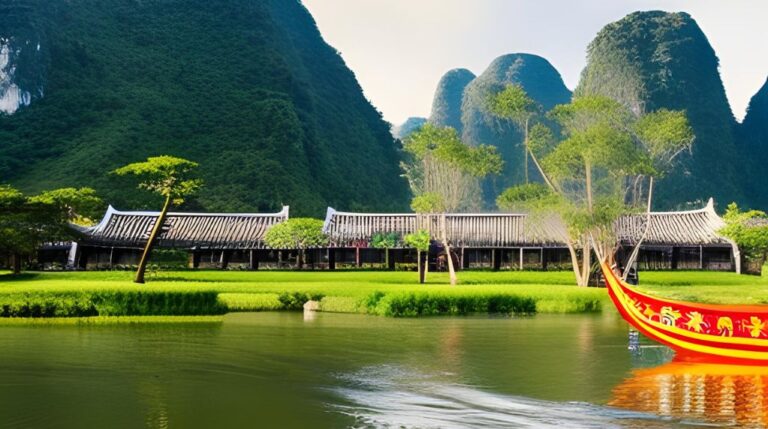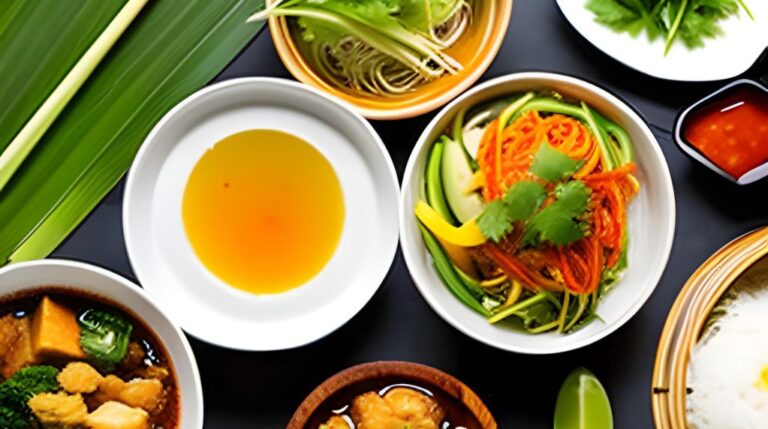Vietnam, a country located in Southeast Asia, boasts a rich and storied history that spans thousands of years. From ancient kingdoms to colonial rule, from war-torn conflicts to vibrant cultural heritage, Vietnam has experienced a diverse range of influences that have shaped its identity. In this article, we will take a journey through time, exploring the major milestones and events that have shaped the history of Vietnam.
Prehistoric Vietnam: Early Civilizations and Cultures
The history of Vietnam begins with evidence of prehistoric human habitation dating back to the Paleolithic age. The region’s early inhabitants lived in caves and engaged in hunting and gathering. As time progressed, distinct cultures emerged, with the Dong Son culture being one of the most significant. Known for its bronze casting and advanced agricultural practices, the Dong Son culture laid the foundation for early Vietnamese civilization.
The Chinese Domination: A Millennium of Influence
During its long history, Vietnam fell under Chinese rule for over a millennium. The first Chinese domination began in 111 BCE and lasted until 938 CE. This period had a profound impact on Vietnam, leading to cultural assimilation, the introduction of Confucianism, Buddhism, and the Chinese writing system. However, it also sparked a spirit of resistance and nationalism among the Vietnamese people, ultimately paving the way for independence.
The Rise of Independent Dynasties
In the 10th century, Vietnam witnessed the emergence of independent dynasties. Notably, the Ly Dynasty (1009-1225) and the Tran Dynasty (1225-1400) were crucial periods in Vietnamese history. These dynasties promoted significant developments in art, culture, and literature, nurturing a strong sense of Vietnamese identity.
The French Colonial Era: Struggle for Independence
The 19th century marked the beginning of French colonial rule in Vietnam. French forces gradually took control of the country, leading to the establishment of French Indochina in 1887. The colonization brought significant changes, including the introduction of Western education, infrastructure development, but also exploitation and oppression. This sparked a growing desire for independence among the Vietnamese.
The Vietnam War: A Divided Nation
The 20th century saw Vietnam embroiled in the Vietnam War, one of the most significant conflicts of the era. The war began in the mid-1950s and ended in 1975, resulting in the reunification of North and South Vietnam. The war took a massive toll on the country, causing widespread destruction and loss of life. It also attracted global attention and stirred anti-war movements worldwide.
Reunification and Modern Vietnam
After the Vietnam War, the country faced numerous challenges in rebuilding its economy and society. However, with resilience and determination, Vietnam managed to achieve significant progress. In 1976, the country was officially reunified as the Socialist Republic of Vietnam, with Hanoi as its capital.
Vietnam’s Cultural Heritage
Vietnam’s history is closely intertwined with its rich cultural heritage. From traditional arts like water puppetry and silk painting to the celebration of festivals like Tet (Lunar New Year), Vietnam’s culture reflects a blend of indigenous customs and outside influences.
Tourism in Vietnam: Exploring a Land of Beauty
Vietnam’s history and culture make it a captivating destination for travelers. From the limestone karsts of Ha Long Bay to the ancient temples of Hoi An, the country offers a diverse range of attractions. Tourists can also immerse themselves in the bustling streets of Hanoi or experience the vibrant floating markets of the Mekong Delta.
The Future of Vietnam: Embracing Progress
As Vietnam continues to develop, it faces both opportunities and challenges. The country’s economic growth has been impressive, attracting foreign investment and fostering technological advancements. However, it also faces environmental concerns and the need to balance modernization with preserving its unique cultural heritage.
Conclusion
The history of Vietnam is a fascinating tapestry woven with threads of ancient civilizations, colonial rule, war, and ultimately, resilience. Through the ages, Vietnam has shown a remarkable ability to adapt and preserve its cultural identity. Today, it stands as a nation with a promising future, built upon its rich historical roots.
FAQs
When did Vietnam gain independence from China?
Vietnam gained independence from China in 938 CE after defeating the Southern Han army in the battle of Bach Dang River.
What was the significance of the Ly Dynasty?
The Ly Dynasty played a vital role in promoting Confucianism, which had a profound impact on Vietnamese society, culture, and governance.
What is the most famous Vietnamese festival?
Tet, also known as the Lunar New Year, is the most significant and widely celebrated festival in Vietnam.
How long did the Vietnam War last?
The Vietnam War lasted from 1955 to 1975, spanning over two decades.
What are some popular tourist destinations in Vietnam?
Some popular tourist destinations in Vietnam include Ha Long Bay, Hoi An Ancient Town, Ho Chi Minh City, and Sapa.




